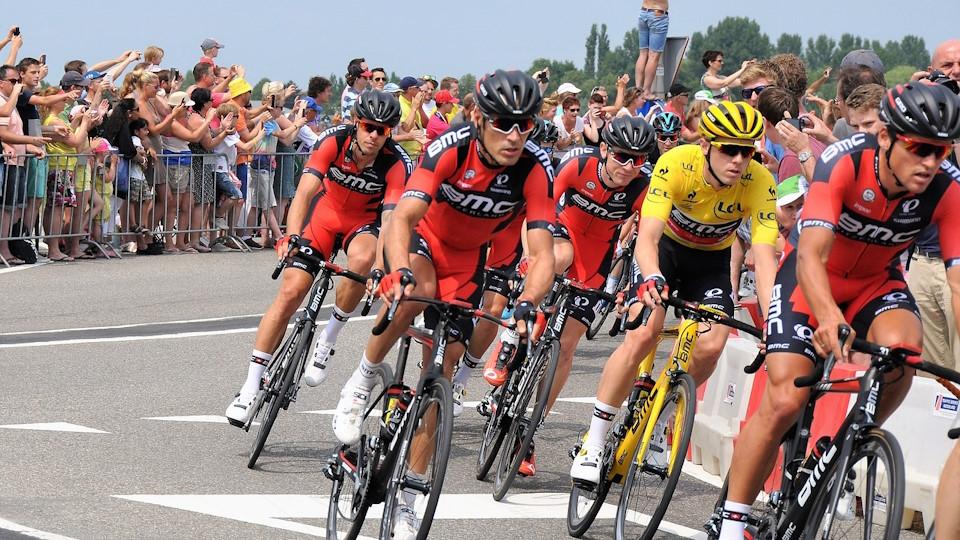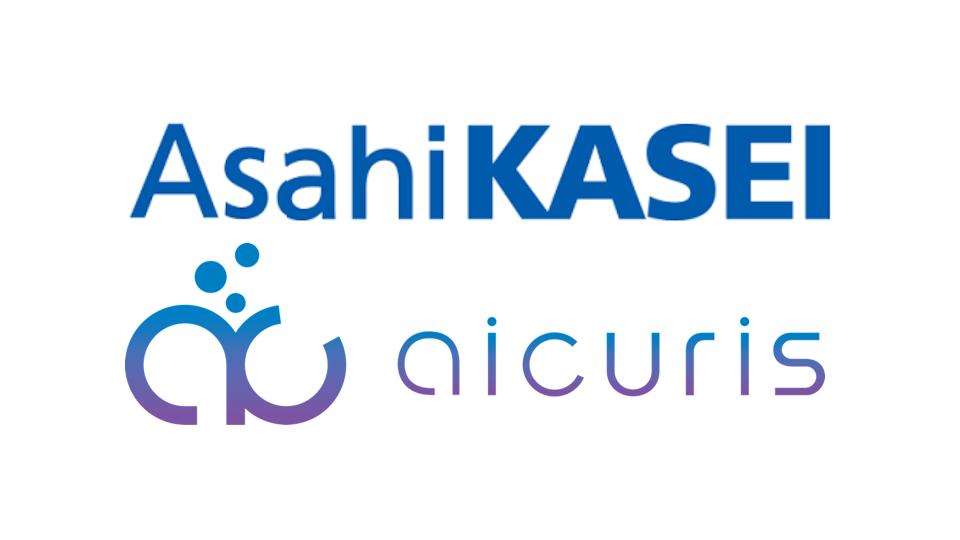J&J snaps up atopic dermatitis drug in $1.25bn Numab deal

Johnson & Johnson has reached an agreement to acquire a bispecific antibody for atopic dermatitis (AD) from Numab Therapeutics in an all-cash deal valued at $1.25 billion.
Under the terms of the deal, J&J is buying Numab’s wholly-owned subsidiary Yellow Jersey Therapeutics (YJT), which holds rights to the drug. Called NM26, the bispecific targets IL-4 receptors and IL-31 and, according to Switzerland-based Numab, has the potential to be a first-in-class therapy for AD, also known as eczema.
J&J said NM26 has the potential to offer “distinctive benefits versus existing treatments and address key unmet needs for AD patients” and is ready to start phase 2 testing.
Targeting IL-4 receptors can address so-called Th2-mediated skin inflammation – a mechanism that the drug shares with Sanofi and Regeneron’s blockbuster AD therapy Dupixent (dupilumab) – while blocking IL-31 may tackle other symptoms like itch, which can lead to scratching and make symptoms worse.
It is the second deal involving bispecific antibodies with potential in inflammatory diseases that J&J has signed this month, coming after it agreed a $850m deal to acquire US biotech Proteologix.
That agreement will give it rights to PX128, a TSLP and IL-13-targeting bispecific on the cusp of early-stage clinical development for AD and severe asthma, and a second bispecific for AD in preclinical development.
“To deliver durable, symptom-free remission for the millions of people living with AD, our medicines need to be tailored to target multiple disease-driving pathways in different patient subpopulations,” said David Lee, head of immunology at J&J’s innovative medicines division.
“That’s why we are committed to developing differentiated bispecifics that combine the targeting of two distinct disease-driving pathways.”
NM26 was generated using Numab’s MATCH platform, described as a ‘plug-and-play’ system for creating multi-specific drugs based on a modular scaffolding foundation and stable building blocks. The company’s investors include Novo Nordisk’s parent company Novo Holdings, which co-led its $110 million Series C financing in 2021 and also participated in an extension in 2022.
“Our initial investment in Numab was based on our strong conviction in the underlying technology of multi-specific antibodies,” commented Novo Holdings partner Michael Bauer. “This decisiveness paid off, with the [NM26] programme delivering exciting early data in patients, leading to the acquisition.”
The closing of the transaction is expected to occur in the second half of this year, subject to customary closing conditions, including approval by financial regulators.
Image by keesluising from Pixabay













